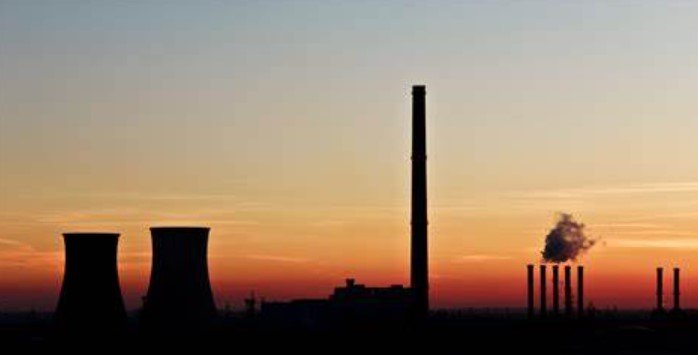Japan is at the forefront of developing innovative technologies to decarbonize its energy sector while still utilizing coal. As the world moves towards reducing carbon emissions, Japan’s approach offers a unique perspective on balancing energy needs with environmental responsibilities. This article explores Japan’s cutting-edge technologies and their potential impact on global decarbonization efforts.
Advanced Coal Technologies
Japan has been investing heavily in advanced coal technologies to reduce carbon emissions. One of the key technologies is coal gasification, which converts coal into a cleaner-burning gas. This process significantly reduces the amount of carbon dioxide released into the atmosphere. Additionally, Japan is exploring the use of ammonia as a co-firing fuel with coal, which can further lower emissions.

Another promising technology is carbon capture, utilization, and storage (CCUS). This technology captures carbon dioxide emissions from power plants and stores them underground or uses them in industrial processes. Japan aims to make CCUS commercially viable by 2030, which could revolutionize the way coal is used globally.
Despite the high costs associated with these technologies, Japan believes that they are essential for achieving its 2050 carbon-neutral target. The government is providing substantial support to accelerate the development and deployment of these technologies.
Economic and Environmental Impact
The adoption of advanced coal technologies in Japan has significant economic and environmental implications. Economically, these technologies can create new industries and job opportunities. The development and maintenance of CCUS facilities, for example, require a skilled workforce, which can boost local economies.
Environmentally, the reduction in carbon emissions from coal-fired power plants can help mitigate climate change. By setting an example, Japan can encourage other countries to adopt similar technologies, leading to a global reduction in carbon emissions. This is particularly important for emerging economies that rely heavily on coal for their energy needs.
However, there are challenges to overcome. The high initial costs and the need for technological advancements are significant barriers. Additionally, there is skepticism from some quarters about the long-term viability of these technologies. Japan must address these concerns to ensure the successful implementation of its decarbonization strategy.
Global Implications
Japan’s efforts to decarbonize its coal usage have far-reaching implications. If successful, these technologies can be exported to other countries, helping them achieve their carbon reduction goals. This can be particularly beneficial for countries in Asia, where coal remains a primary energy source.
Moreover, Japan’s approach highlights the importance of innovation in tackling climate change. By investing in research and development, Japan is demonstrating that it is possible to balance economic growth with environmental sustainability. This can inspire other nations to pursue similar paths, fostering a global culture of innovation and collaboration.
In conclusion, Japan’s advanced coal technologies offer a promising alternative path to decarbonization. While challenges remain, the potential benefits for both the economy and the environment are substantial. As the world continues to grapple with climate change, Japan’s approach provides valuable lessons on the importance of innovation and international cooperation.




















